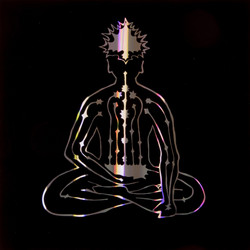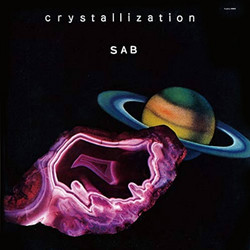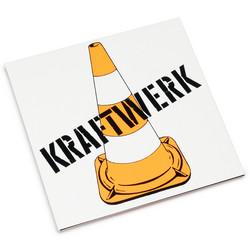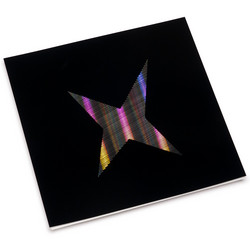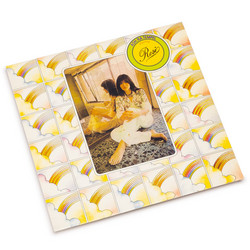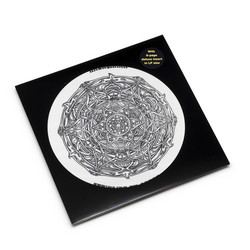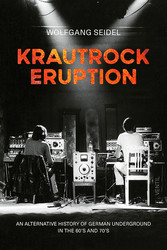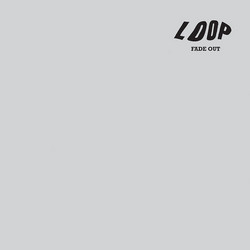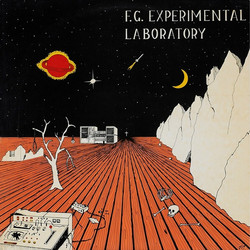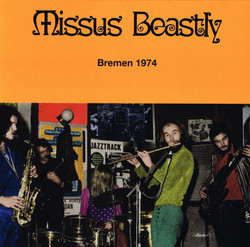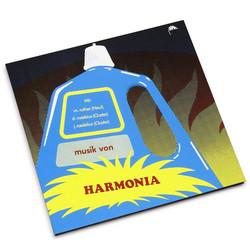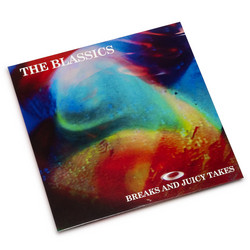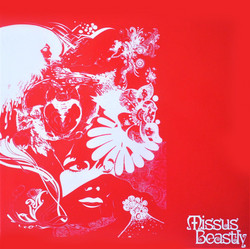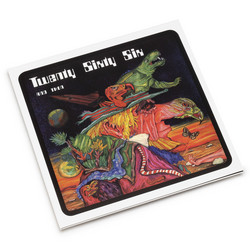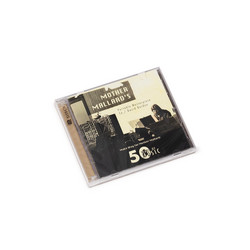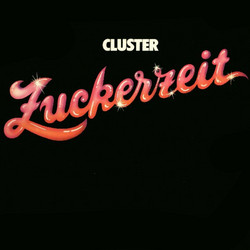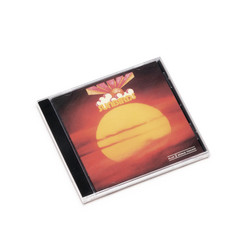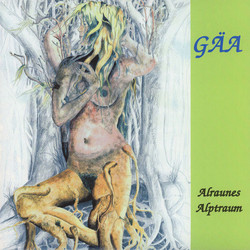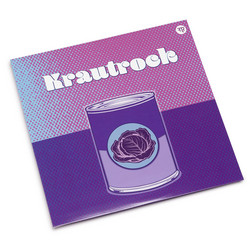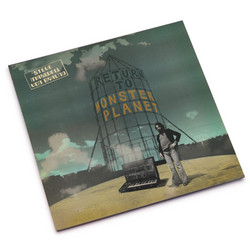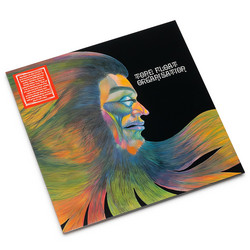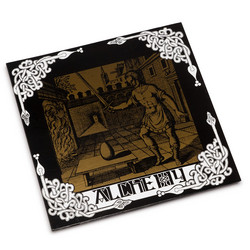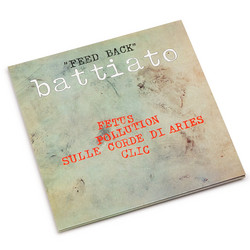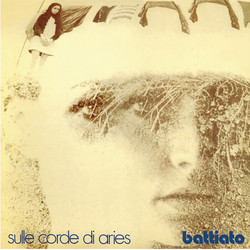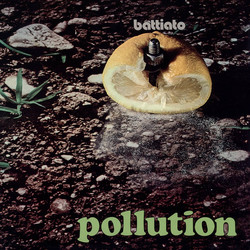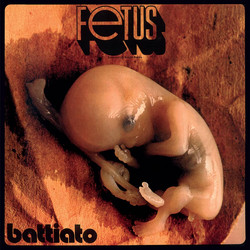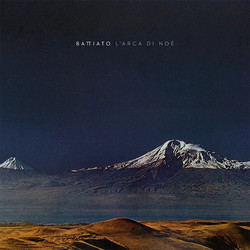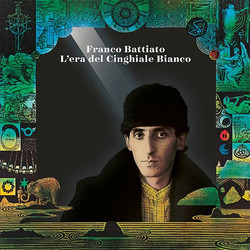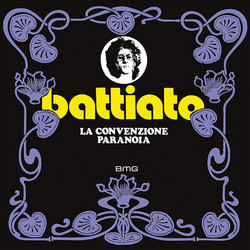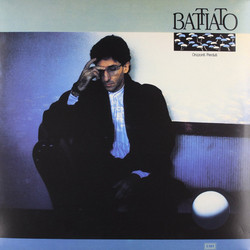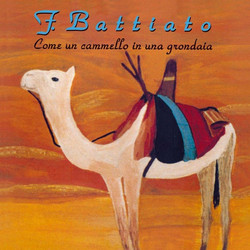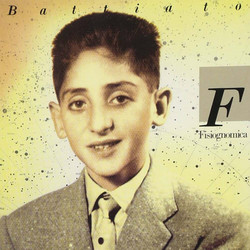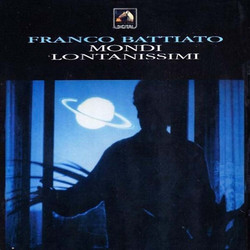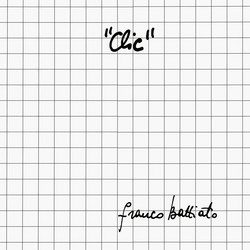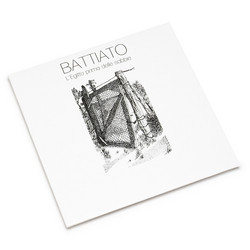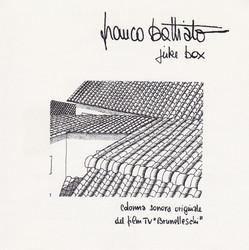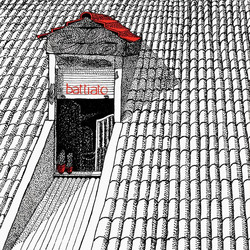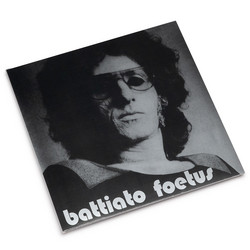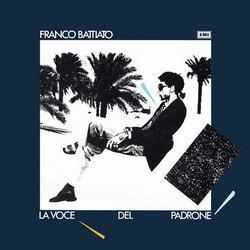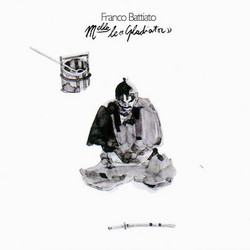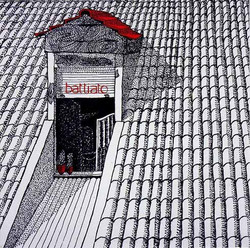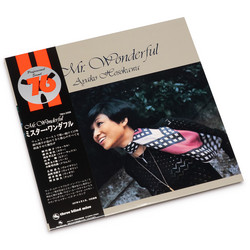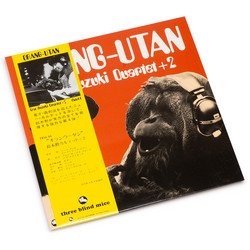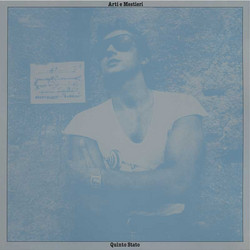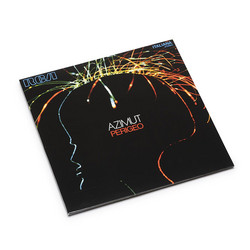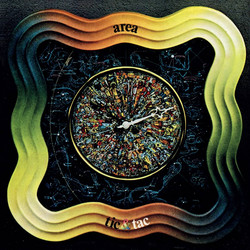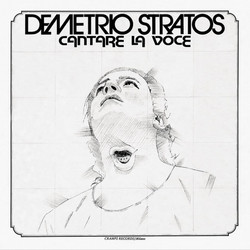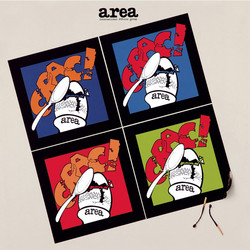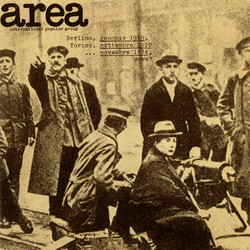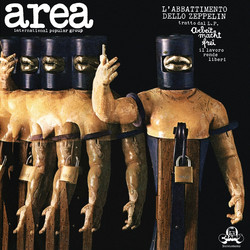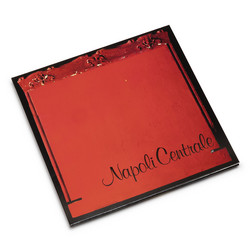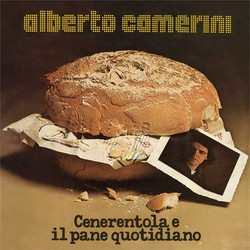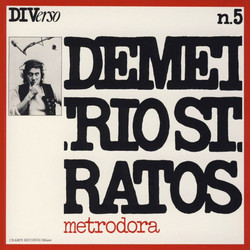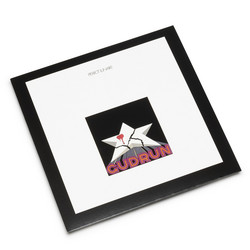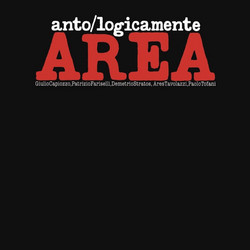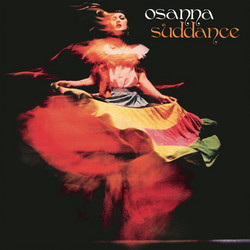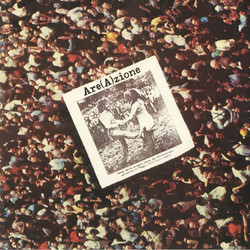Italian Experimental Progressive
File under avantgarde, free-spirited, and creative music from the Italian Progressive scene
See all180gr. Black vinyl. There is no figure in Italian music, nor within the country’s shimmering, expansive avant-garde, who demands the respect and awe offered to Franco Battiato. He is the beginning and the end. An artist whose output, stretching across six decades, is so diverse and singular, that it defies any concrete definition - darting from psychedelic Prog, definitive gestures in the history of Minimalism, to the heights of explicit Pop. Like many of his contemporaries, Battiato’s journey toward avant-garde and experimental practices began within the confines of popular music, breaking its boundaries and expectations with three singular and seminal albums which where issued by Bla Bla during the early 1970’s - Fetus, Pollution, and Sulle Corde Di Aries.
While Clic has maintained a loyal following by record collectors and fans of the Italian avant-garde for years, it also represents an overlooked bridge in Franco Battiato’s career and creative arc. During the second half of the 1970’s, the artist created some of the most singular and sublime efforts of constrained musical Minimalism that the world has ever known, issued across four LPs, M.elle Le "Gladiator", Franco Battiato, Juke Box, and L'Egitto Prima Delle Sabbie. They can be seen as a cohesive body of stunning depth, changing everything which followed, before Battiato shifted back toward the world of Pop during the 80’s. It was arguably the inclusion of the second of these, his self-titled LP from 1977, in one of Alan Licht’s legendary Minimal Top Ten lists, which brought him into sight of most contemporary fans, and thus, it is upon this body of work which much of the attention has continued to rest. While Clic has no equivalent in Battiato’s output, standing entirely on its own, it is the true beginning of the artist’s avant-garde minimal work - a bridge between what was and what came. It is unquestionably one of the most creatively brilliant and important albums, not only in his own body of work, but of 20th century Italian music. It’s that overwhelming good!
Across the three albums which proceeded Clic, Franco Battiato displayed a remarkable willingness to approach and incorporate an extremely diverse range of sonic experiments, folding them into pop song structures in a way which proceed Brian Eno’s similar practice. Clic pushed this practice to the forefront, making it the core architecture of the album. While there are unquestionable attributes of Minimalism present, arpeggiating piano lines and synths which flirt with the out bounds of the territory explored by Terry Riley, deep, drifting ambiences, and many of the elements which have come to define Krautrock and Kosmische, we also encounter equal elements of explicitly avant-garde vocal work, tape collage, field recording, and the atonality and complex structure of 20th century Classical music. Clic's dedication to Karlheinz Stockhausen comes into focus on the final piece, "Ethika Fon Ethica" – a rapidfire journey into Italian shortwave radio, interrupted by fleeting fragments of folk music from around the world Across seven distinct works, we enter that number of individual worlds, joined in single, tense totality. It is a wonder to travel through and behold.
Clic is one of the great works of 20th Century music. Overwhelmingly important, but rarely heard and regarded for what it is.
